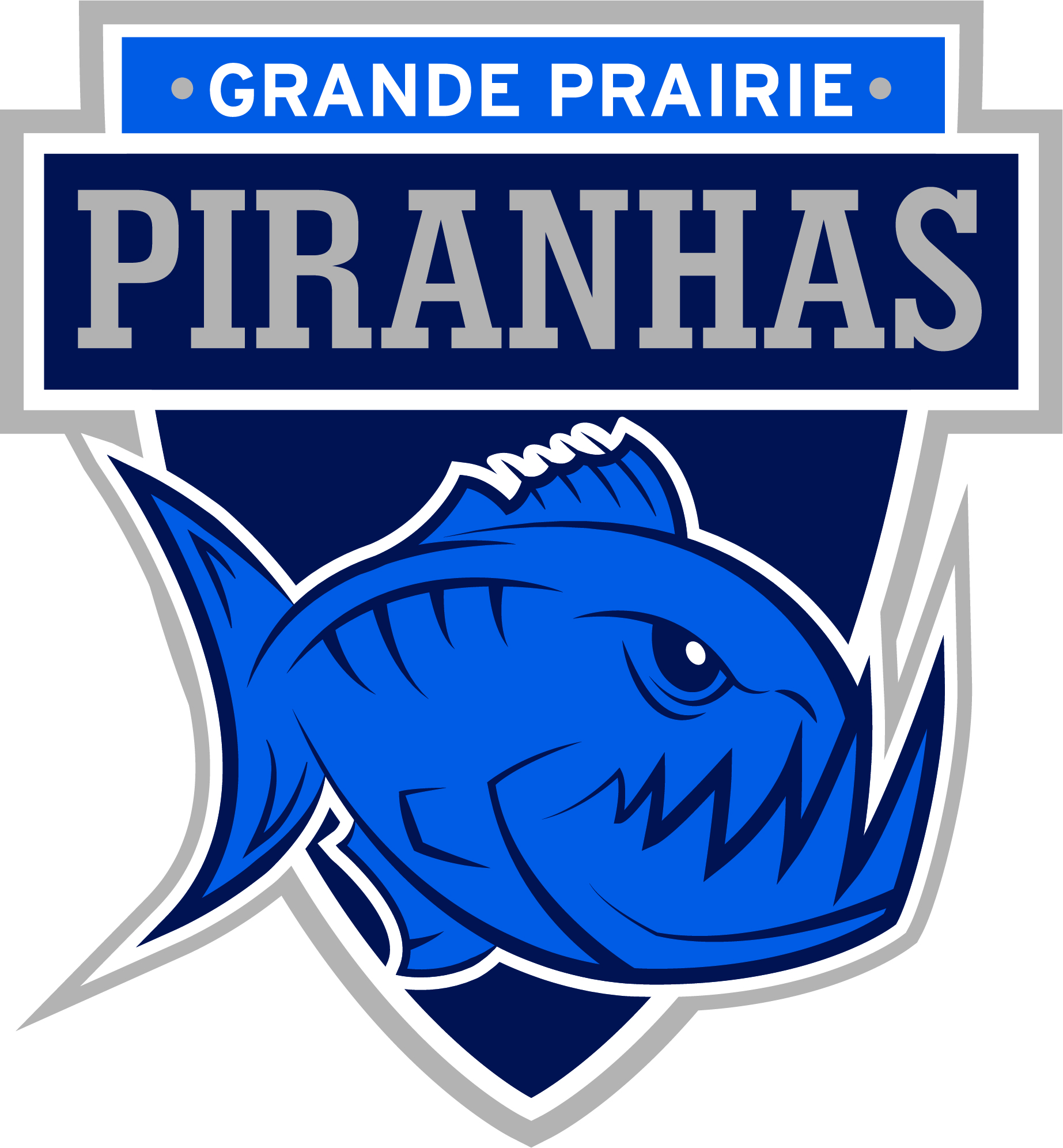Parents Information
Parents are part of an athletes journey but it is not always an easy job. Understanding the demands parents face and supporting parents is important to the Piranhas. We hope to ensure you are able to fufil all the necassary roles in your childs swimming development as you watch your them grow as an athlete and as a person. Successful swimming parents do their best to support their child by focusing on their development and enjoyment throughout the Piranhas journey.
To educate you as sport parents lets understand why children get into swimming:
1. To improve a life skill
2. To get exercise
3. To make friends
4. To be part of a team
5. To succeed
6. To have fun
Through the support and encouragement you provide to your child you can help them to achieve their potential. As a parent you can influence your child in a variety of ways, including as a role model, a provider, and an interpreter of their sporting experience
Parents as Role Models Your child will learn a lot from watching you. If they see you participating in sport, enjoying learning new skills, and responding positively to challenges or loses, they are likely to replicate these behaviours. Similarly, if they see you maintaining control in the balcony, being respectful of the coach and other parents, cheering on the team, and promoting positive sportspersonship, they are also more likely to demonstrate these behaviours.
Parents as Providers The most obvious way in which you will impact on your child’s sporting experience is through your provision of opportunities, information, and support. Specifically, as a parent, you are responsible for providing:
• Tangible support – paying for equipment, coaching, competitions, and travel, committing time to taking children to training and events, ensuring children are fed, clothed, and ready to go!
• Emotional support – being there to pick up the pieces when it goes wrong, supporting your child whether they are winning or losing, and helping your child to navigate the bumps in the road they will inevitably face.
• Informational support – giving your child important information about their training and competition schedules, helping them communicate with their coach, and keeping them informed about their sport. Through this support you are enabling your child to engage in sport. Without your support, their sport wouldn’t be possible!
Parents as Interpreters Through your comments and responses to your child, you help them make sense of their sporting experiences. For instance, when you talk to your child about winning and losing you are emphasising the outcome of a performance and a child is likely to judge their success based on whether they won or lost. In contrast, if you focus on the different skills that can be gained from sport and emphasise enjoyment and making friends, children will be more likely to judge their experience in this way.
Your experiences as a sport parent will change a lot throughout your child’s sporting journey, especially as your children move through different squads and competition levels. Anticipating these changes can help you plan ahead, successfully negotiate key transitions, and ensure that you are able to provide the best possible support to your child. Remember that there is no one way to parent your child and the same is true in sport. Supporting a child involved in sport is complex and individual but good communication between you and your childs coach will be key to a successful coach athlete relationship.
The more you and your child’s coach can communicate the more everyone understands what is trying to be achieved. Taking time to learn about the coaches aims and objective for your child will help you understand the sporting experience and the role sport plays in your childs life. Finally, actively seeking to support the coach, whether by taking on different jobs on the team, reinforcing their messages, or taking concerns directly to them rather than other parents or your child will also facilitate a more positive parent-coach relationship.
Entering competitive Programmes If your child starts to compete and engage in more intensive training, your involvement will likely increase and you may have to make more sacrifices (i.e., time and financial) to support your child. As a result, you may become more emotionally connected and invested in your child’s sport. This can be particularly difficult and challenging if you do not have a background in sport. Working with knowledgeable and supportive coaches is crucial to ensure you can manage these demands and have a positive experience.
Transitioning into Performance Programmes If your child is selected for an elite training programme it can be really exciting for them and you as a parent. However, this transition can be difficult as you are likely to have less input, have to adapt to a culture which often requires significant commitment, and face prolonged uncertainty regarding your child’s future within the programme. As a parent, seek out information about player development pathways, expected performance and training levels, and how your child will be evaluated at different stages to reduce uncertainty and help you make informed decisions about what is best for your child. Seek out, communicate, and develop relationships with experienced parents (and coaches) who can help to support you.
LTAD for Parents https://www.teamunify.com/cangppsc/__doc__/255620_2_CAC_LTADFORPARENTS_JAN2012_EN.pdf
Respect in Sport https://www.teamunify.com/cangppsc/__doc__/267957_2_Respect%20in%20Sport%20-%20Parent%20Commitment.pdf



